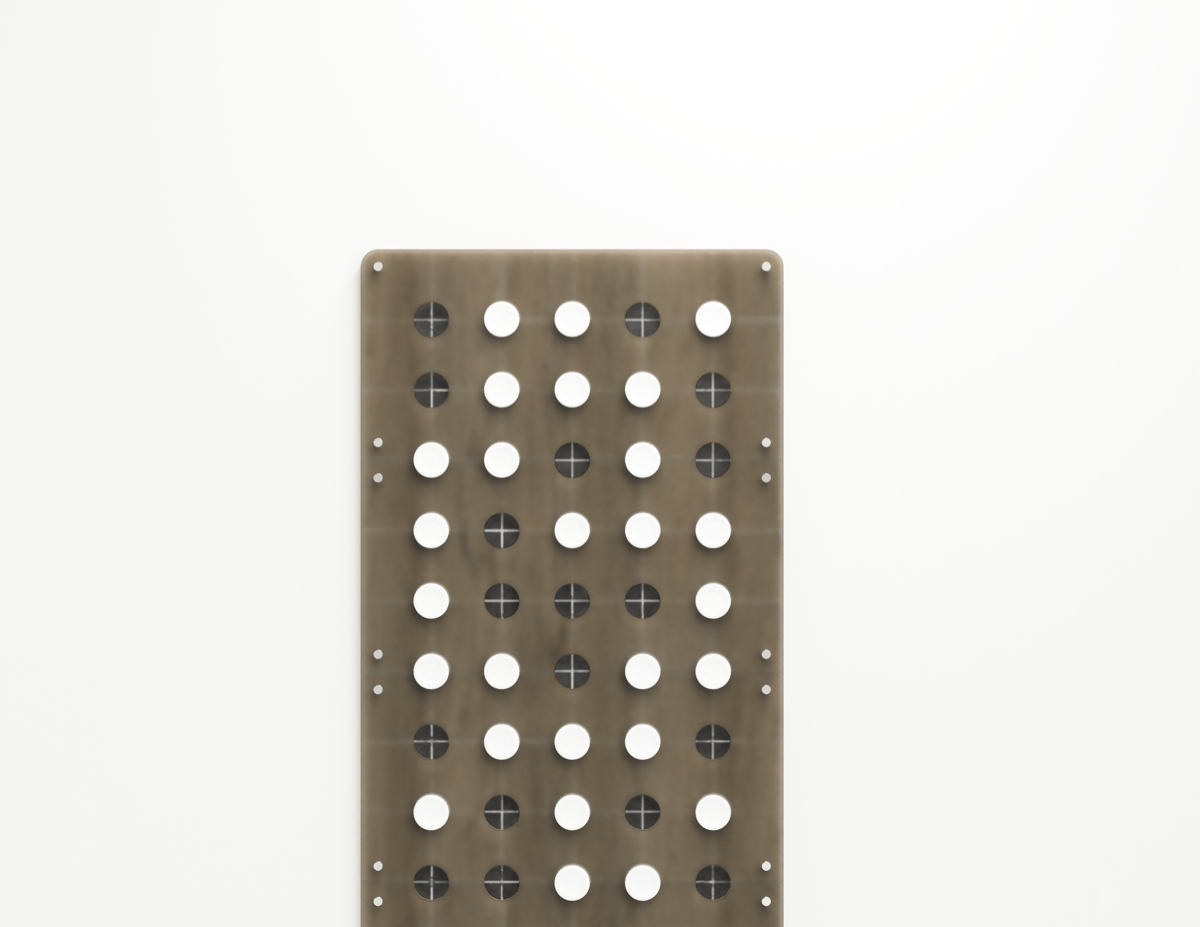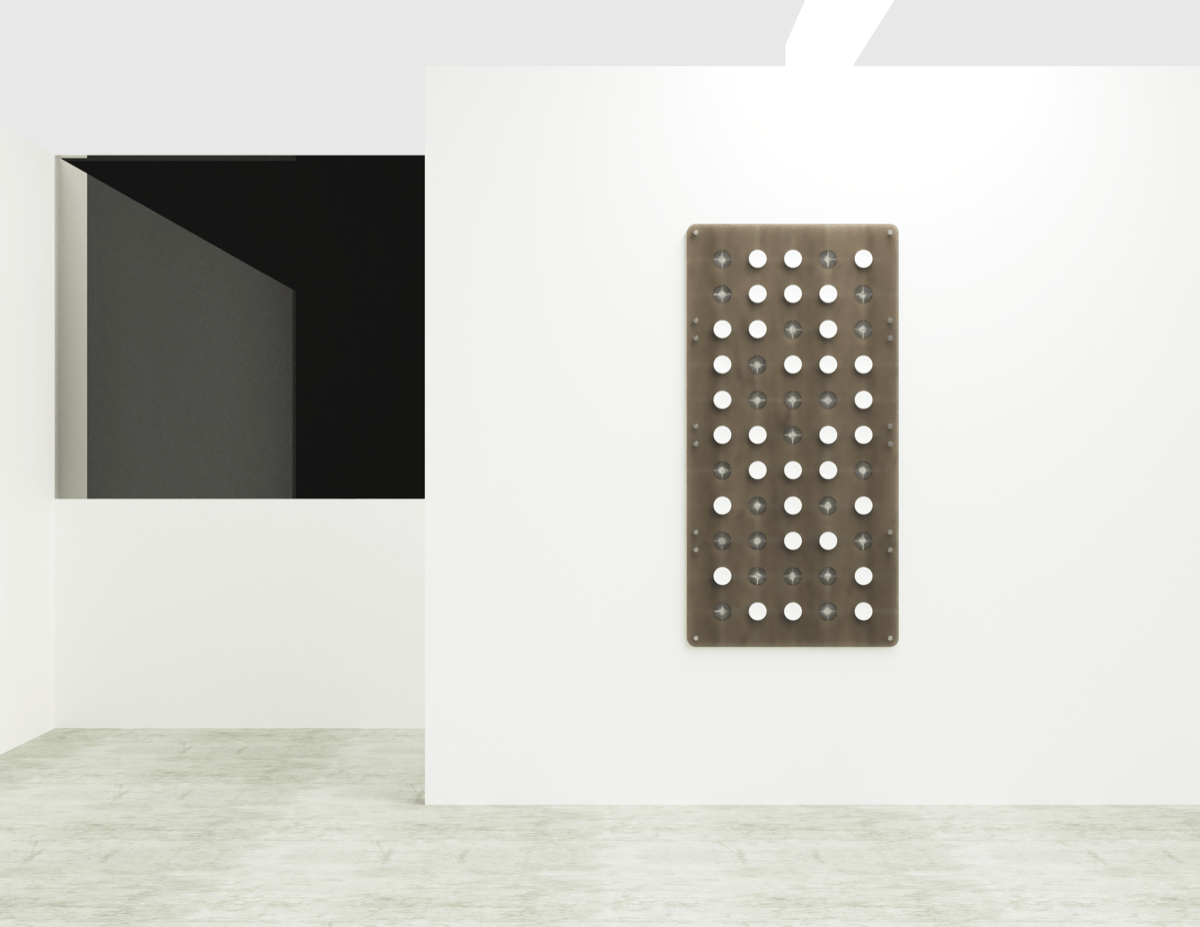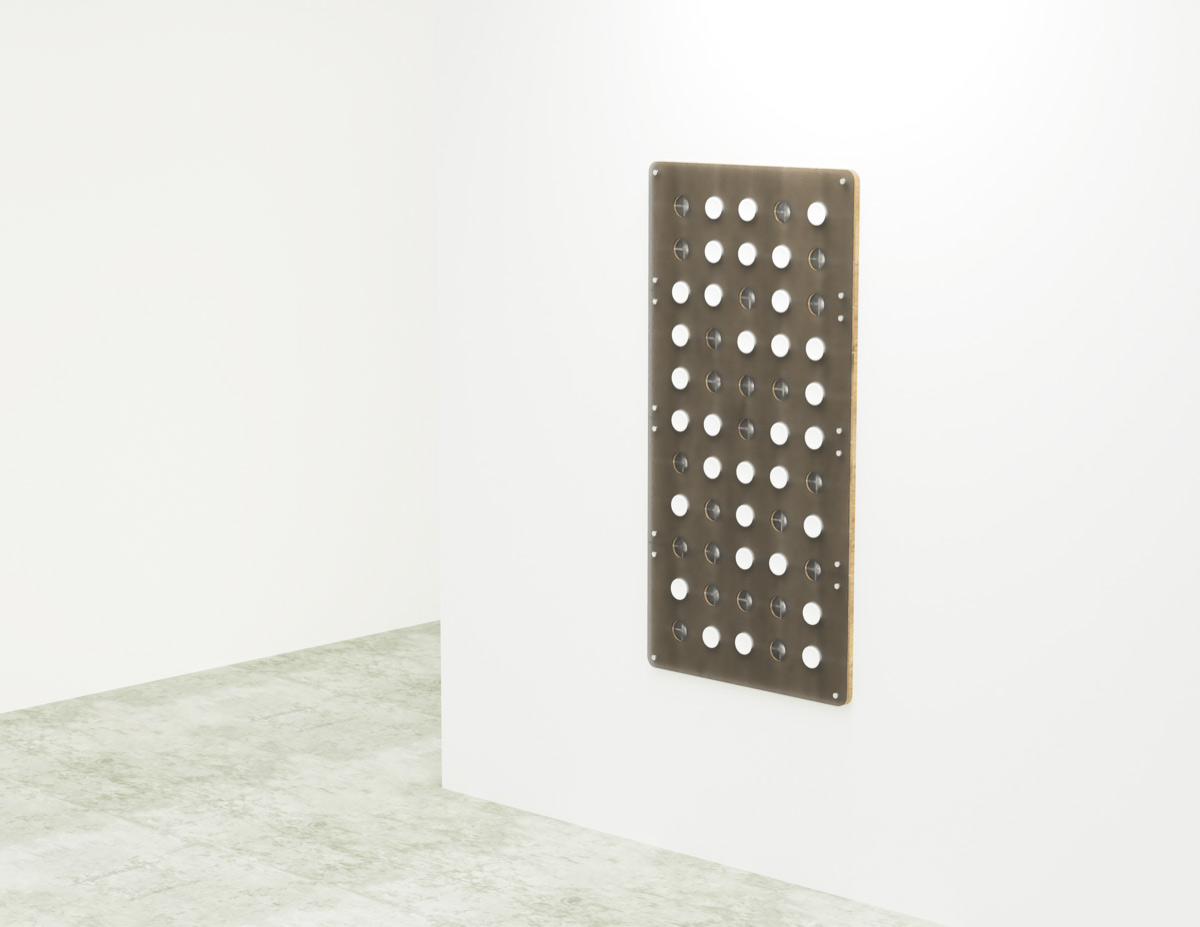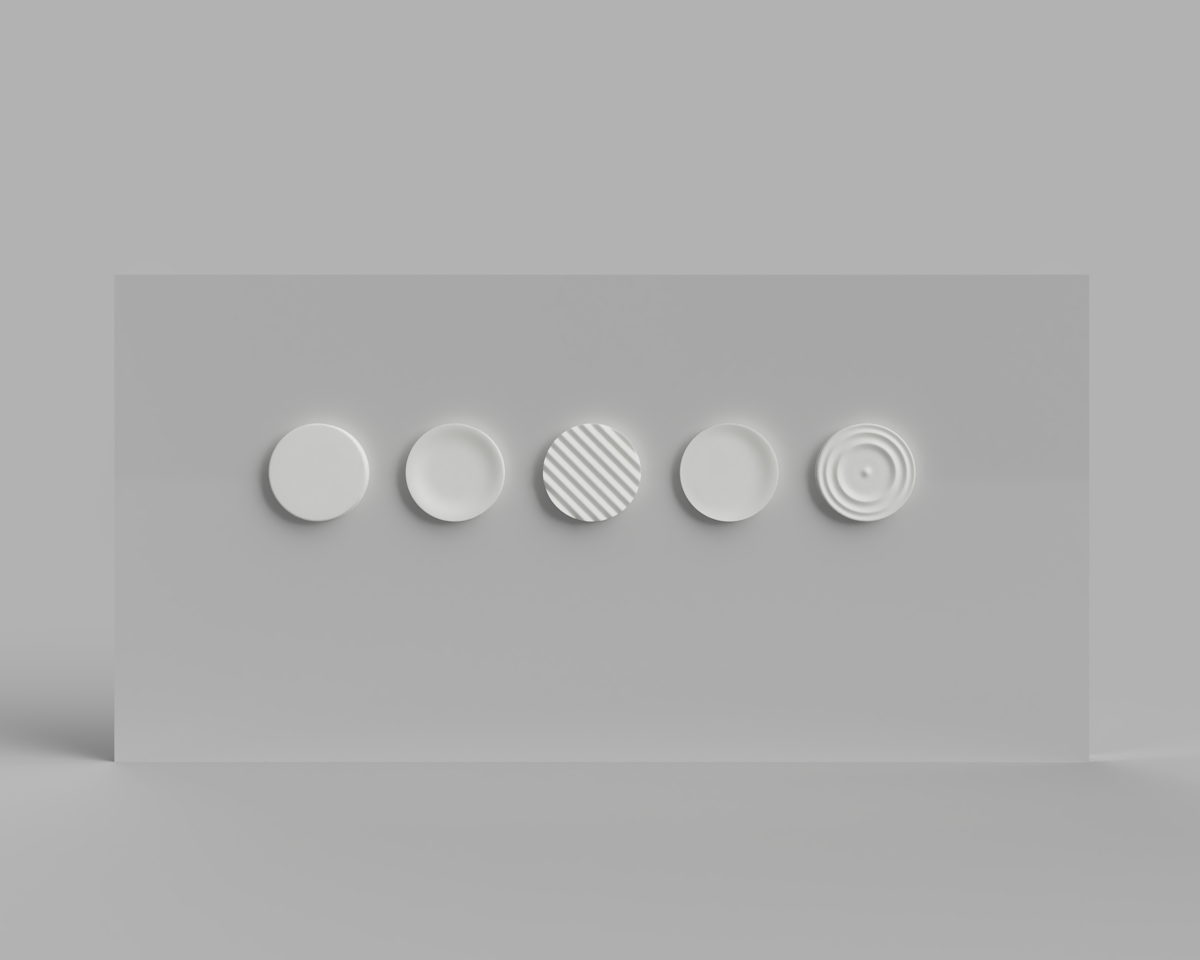Jason Pi
Links

Memory Donation Center
Take a glimpse into a near future in which memory transplants are readily available. In my project, I'm asking how this technology could be used for good, and what would it look like. Beyond that, I'm hoping that viewers would wonder what living amongst others sharing your memories would be like, and what their own memories play in constructing their concept of self and identity. I spent a whole semester reading into the clinical, philosophical, and fictional approach to this relationship between memory and identity, and I wanted to make an unassuming piece that would open viewers' minds to this topic.<br /I chose to create a part of a memory donation center, for individuals to donate happy childhood memories to children. Originally meant to be an interactive installation, users would be given plaster tokens, embedded with RFID tags. These tokens would be impregnated with ink, similar to the way fresco paintings are made. The ink would represent different characteristics of their memory (clarity, impression, emotional response), and by outputted after the user fills out a survey on a computer. The token data, being stored within the database digitally via RFID, now has both a digital and physical representation of the users' memory. This token is then placed onto the board to be donated.

Memory Board



Exploration of different surfaces on plaster tokens.
